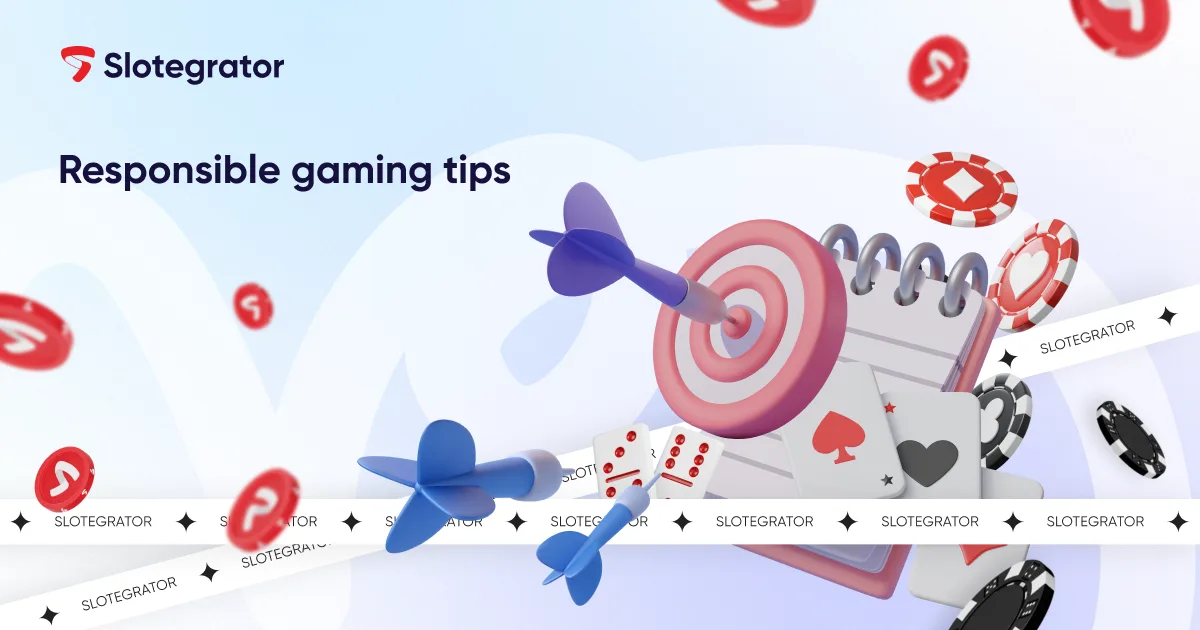In 2015, two friends, former business partners, sat near the parking lot of the Greek restaurant Niko Niko’s, located on the outskirts of Houston, and worried about their role in obtaining a large lottery win (and they really had something to worry about). Firstly, despite having a winning ticket, they still could not get a jackpot of $ 16.5 million. And secondly, the scheme, which once seemed perfect, failed and the friends became the main suspects in fraud.
The key event in this story happened in December 2010, when a lucky person managed to guess six numbers and win the jackpot in one of the draws of Hot Lotto, a well-known and popular lottery in the United States, covering one and a half dozen states of the country and the metropolitan area of Columbia.
One of the biggest lottery secrets in the history of the US
The new winner was in no hurry to take the prize. According to the law, a year is allotted for this, and if the winner does not appear, then the money is transferred to the budget. Time passed, but no one claimed their right to win. It was only in November 2011 when Philip Johnston, a lawyer from Quebec, phoned the organizers of the lottery and said that he was the sought-after winner. Johnston correctly named the 15-serial number of the winning ticket, explained that he was ill, and clarified whether it was possible to receive a check by mail. However, the lawyer didn’t answer correctly to the clarifying question – how he was dressed when buying the winning ticket, and the officials refused to give him the prize.
It is important to clarify that according to Iowa law (as, indeed, in almost all US states), lottery organizers are required to publish information about people who won more than $ 600, namely, their name, city and amount of winnings. Therefore, the winners are photographed with checks, and sometimes give interviews.
On December 6, Johnston called again. He admitted that he was not a ticket buyer, but said that he represented a client who wanted to remain completely anonymous. It is clear that lottery officials could not go to provide anonymity; this was contrary to the law.
Twenty-three days later, two hours before the deadline, the Iowa Lottery Department received a package from Des Moines Law Firm. It contained a letter from attorney Julie Macklin stating that her firm was a representative of the winner. In addition, it contained an application that was signed by a New York lawyer named Crawford Shaw on behalf of Hexham Investments Trust, a holder of a winning ticket.
It is not surprising that such a development of events further confused the situation.
On January 17, 2012, Shaw met with representatives of the Iowa Lottery but did not name the winner. Lottery officials refused to pay the anonymous winner. They demanded the names and contacts of everyone who had ever touched the ticket. However, they did not receive an answer.
As a result, the management of Hot Lotto asked the police to conduct an investigation.
On October 9, 2014, a special information briefing was held for the media, and the video of ticket purchase was broadcast on local TV channels and on the Internet. Citizens were asked to help identify an unknown buyer in the hood. Thank to this, police managed to find this person.
It turned out to be Eddie Tipton, director of information security at the Multi-State Lottery Association – the one that provided special computer equipment in the form of a random number generator for drawings of Hot Lotto and other lotteries.
Tipton, like the rest of employees, was banned from playing the lottery. However, as it turned out, since 2005, his friends and family were quite lucky. For example, in 2007, Tipton’s best friend, Robert Rhodes won $ 738,000 in the Wisconsin Megabucks lottery. And this was not the only case. How did all this become possible?
Eddie Raymond Tipton’s career path
Tipton and Rhodes met in the early 1990s when Robert founded Systems Evolution Inc., a software development training company. Eddie turned out to be the computer genius Robert was looking for so the graduates of the University of Houston quickly became friends. In 2003, the company entered the stage of rapid growth. True, Eddie Tipton left Systems that year as he received an interesting job offer – from the lottery association.
How did the information security that Tipton had set up work out? At first glance, almost perfectly. Two computers issuing combinations were located in a glass room; each of them was in a sealed acrylic case with two locks, the keys for which were available only to four people, including the manager and an external auditor. Surveillance cameras recorded activity on computer screens around the clock and also recorded any other activity in the room where the draws took place from two different angles. In general, manipulating the results seems to be impossible.
Nevertheless, there was still a weak spot in the system – Eddie Tipton himself. It was he who wrote the random number generator software. Of course, he did not take the opportunity to influence the result during the initial loading of the program. Moreover, independent safety experts also checked the generator. However, after some time, he took advantage of his official position. Tipton was one of those who had the right to enter the room where the draws took place – he could already add a special program.
As it turned out later, the generator turned to a dynamic library that checked the launch date. Checking completed successfully on one of the three days of the year, provided that they occurred on a specific part of the week. The start time was also taken into account. If all conditions coincided, then instead of the usual random number generator, the winning combination was calculated by an algorithm that gave predictable results.
If you know the algorithm, then what happens? Thus, predicting winning combinations is much easier!
Tipton’s criminal past
When appointing a person to be responsible for a random number generator, one must be completely sure of the employee’s honesty. Tipton got on this job on a recommendation, and Ed Stefan, his longtime friend, vouched for him. Stefan worked in the lottery association since 2000.
Later, during the investigation, Stefan said that he knew Edie Tipton almost all his life. However, for some reason, he never mentioned that Tipton had a criminal record. Apparently he didn’t want to deprive a good person of a decent job.
In 1982, when Tipton was 19 years old, he burst into Rosenberg’s offices and carried out $ 1,700. A deferred judgment of five years was issued in that case. The offender was also required to pay the damages. And in July 1987, in the Harris County District Court, young Eddie was still charged with the theft of $ 20 to $ 200, and was put on probation.
In future, he will continue to make a living by foul means. Thus, for instance, Eddie Tipton’s house was built thanks to money received due to illegal wins in lotteries.
First steps in lottery fraud
In 2006, Tommy Tipton, a judge in the rural county of Fayette, about 100 miles west of Houston, ran into a problem – he had $ 500,000 numbered in order and he wanted to exchange them. Apparently, Tommy turned to the wrong person, who told the authorities about the owner of half a million and they had a reasonable question – where did the judge get the money?
Tommy told the authorities that he won $ 568,990 in the Colorado lottery in November 2005, but he asked his friend to get a prize because Tommy did not want his wife to find out this information – he was planning to get a divorce. At that time, the authorities did not know (or simply did not verify) the fact that Tommy’s brother was related to the lottery.
Robert Rhodes also got lucky soon. As it turned out later, in October 2007, Eddie Tipton (lottery winner in the future) approached Rhodes and asked him what would he do if he knew the jackpot winning numbers in advance? Robert told his friend that he would definitely take this opportunity. After Tipton gave him printouts containing from 160 to 400 sets of six-digit combinations and said that it would be them who would receive the main prize of Wisconsin Megabucks in the amount of $ 2 million.
Rhodes rented a car, drove to Wisconsin, and already there, in random stores, filled out tickets. After returning to Texas, he checked the results of the draw and realized that his friend was not joking – the draw of December 29, 2007 turned out to be happy for him. Tipton had told Rhodes in advance that the winnings could not be registered on him, and he had scheduled a payout to Delta S. Holdings, LLC. The amount after withholding taxes and other payments amounted to $ 783,000.
Detailed information on Eddie Tipton’s lottery scam and its consequences
On December 23, 2010, a man trying to look inconspicuous visited the QuikTrip store in West Des Moines where he bought two Hot Lotto tickets, and a hot dog. He wore a heavy black winter jacket with a hood covering his face. The seller who served him later told reporters that the man was calm. He chose five numbers from 1 to 47 and another number – Hot Ball. That man was Eddie Tipton.
In November 2014, police interviewed Tipton. He denied his involvement in the purchase of the ticket, claiming that he was in Houston. However, policemen had not only a video of the purchase, but also a telephone recording confirming that Tipton was still in Des Moines that day.
In January 2015, Eddie Tipton in Iowa was charged with fraud. Two months later, Rhodes was arrested. Since he turned out to be a key witness, the Iowa Attorney General proposed him a deal – he had to reveal all the details of fraud. Rhodes did not do this until December 2015, it was then that he met with the Assistant Attorney General of Iowa and Wisconsin, and agreed to testify against Tipton.
In the summer of 2015, Eddie Tipton lottery trial, he was sentenced to 10 years in prison. However, the story did not end there. It was not possible to fully convict the fraudster then. Only a couple of years later, thanks to the fact that the key witness, who was also an accomplice, Robert Rhodes agreed to testify against Eddie, Tipton’s case was again considered by the court. He fully admitted his guilt and confirmed his fraud with the use of the special program. Thus, In August 2017, Eddie Tipton’s sentence turned into twenty-five years..
Read more: Betting Affiliate Programs













